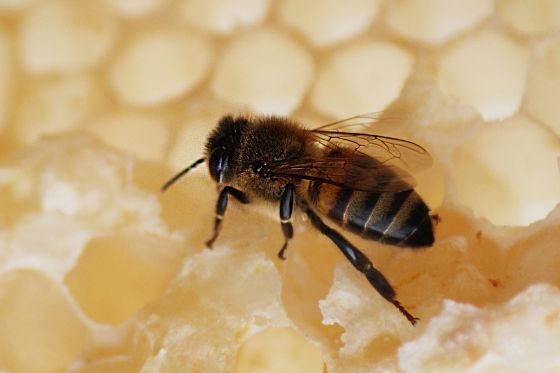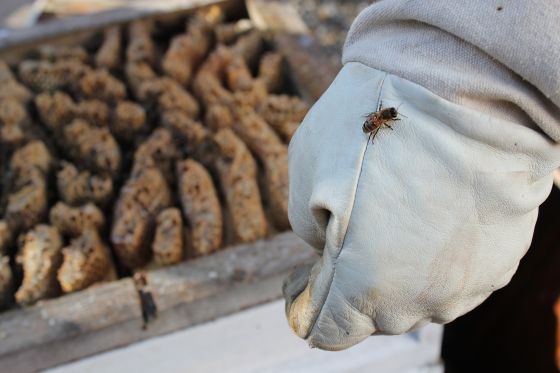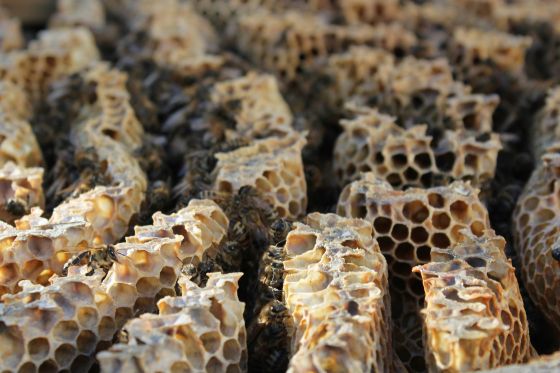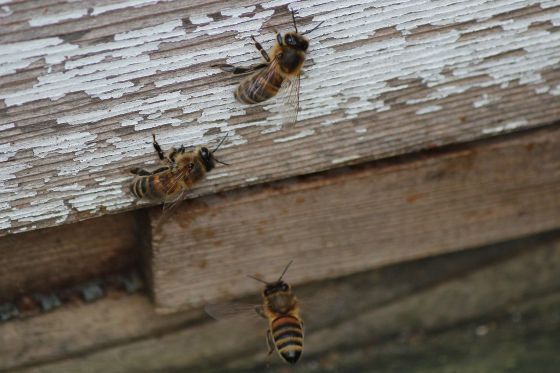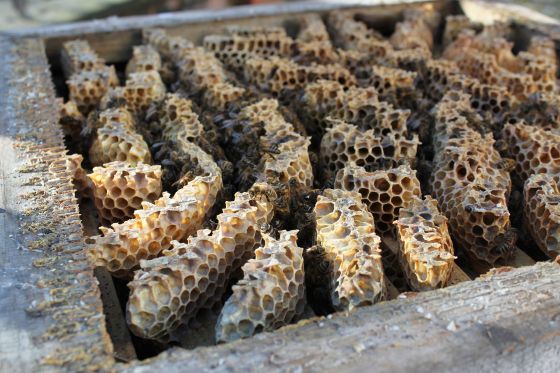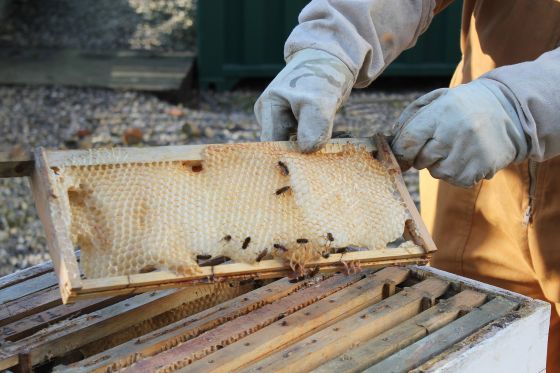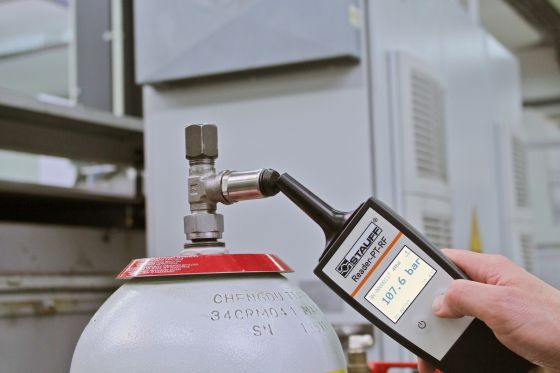Hundreds of new workers at STAUFF UK
The Sheffield UK office places great emphasis on protecting and helping to regenerate the environment
In the last 10 years the bee population has reduced dramatically, partially due to habitat loss, pollution and the use of pesticides, among other reasons. Bees are vital to our environment as they are pollinators, transferring pollen between the male and female parts of plants including grass, flowers and trees.
"At STAUFF UK we’re committed to giving back to the environment wherever we can" says our staff member, Pete Henstock - UK Group Support Services Manager. Pete is an enthusiastic beekeeper and enjoys spending time with his hives in his spare time.
This gave Pete the idea of asking our MD, John Morris, for permission to transform the unused green space in the backyard of the company's premises in Sheffield into a bee paradise. This would not only serve to optimize the company's sustainability concept, but first and foremost to make at least a small part of the environment a little bit better.
Pete Henstock
"There aren’t many bees in our local area so the addition of these bees will help the plants thrive.
The hive was moved into the grounds at the back of the building facing South in mid February and they have settled in very well.”
Interesting Facts About Bees
- Bee colonies have one queen who produces eggs and emits hormones that control the bees
- The queen bee can lay up to 2,500 eggs in summer
- The queen will mate with drones from lots of different hives to diversify genetics and increase the hives survival rate
- A queen can live up to 5 years, when the hive needs a new queen the workers feed a larvae a diet of royal jelly so it develops into a fertile queen
- Worker bees and male drones are only fed royal jelly during the first few days of development
- There can only be one queen bee at a time, if two queens are born they will fight to the death
- Fertilised eggs become sterile female workers who make up the majority of the bees
- The female workers find pollen and nectar, make honey, clean and defend the hive etc
- The female worker bees live 5-6 weeks in summer
- Unfertilised eggs become male drones whose main job is to mate with a queen
- Drones don’t have a father, because they are unfertilised they only have the queens genetics, whilst the queen was fertilised so the drones do have a grandfather
- In winter the worker bees hibernate with the queen, they eat from their food stores
- Lucky for us, bees make 3 times more honey than they need to survive so there is some spare
- The male drones are forced out of the hive in winter to die
- Bees can fly 25km per hour and beat their wings 200 times per second
- Bees have 170 odour receptors to communicate different food locations to each other
- Bees do a ‘waggle dance’ to communicate the direction of food sources to the other bees.
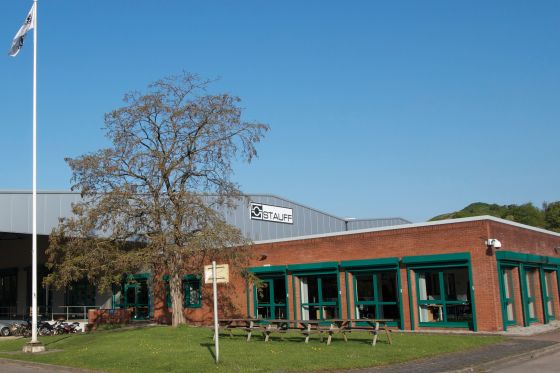
United Kingdom
Sheffield Facility – UK Headquarters
STAUFF UK Ltd.
500, Carlisle Street East
Off Downgate Drive
Sheffield, S4 8BS

